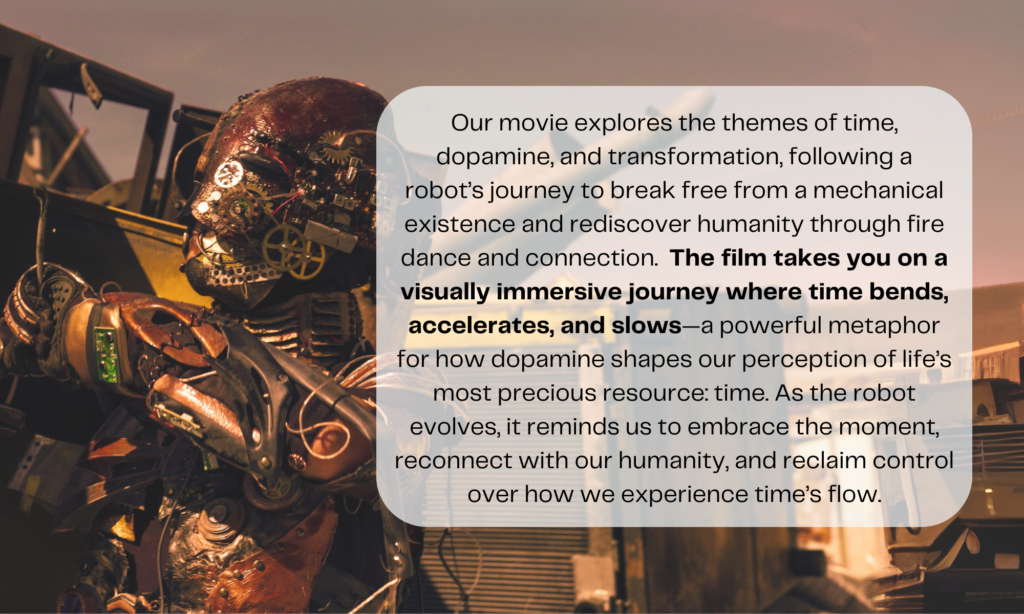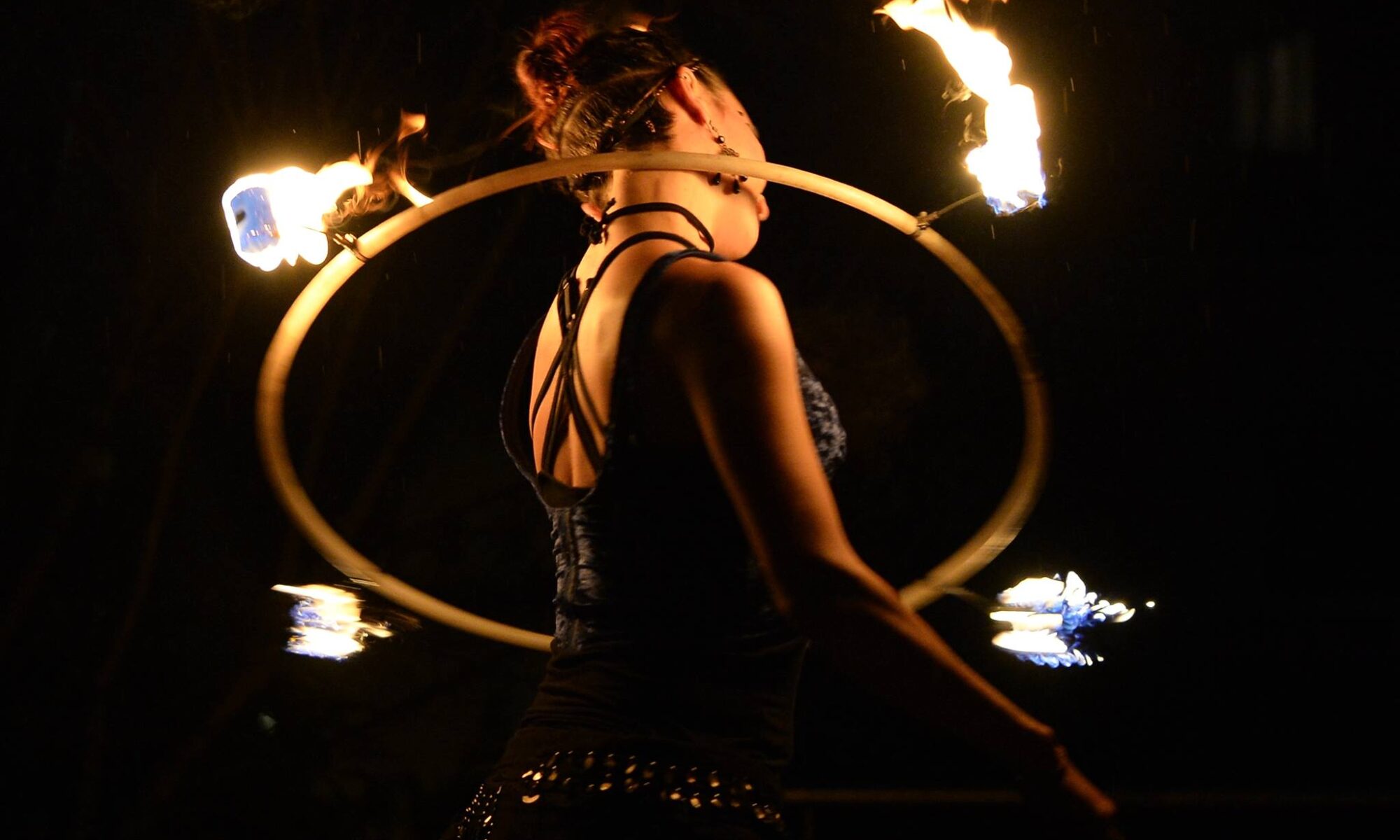Dopamine and time
What does one have to do with the other?
Dopamine, often called the “happiness hormone,” is a key neurotransmitter that influences how we perceive time. Its role extends beyond emotions, significantly shaping our experience of moments, motivation, and rewards. Let’s explore how dopamine and time are interconnected.
1. Dopamine Accelerates Time Perception
When you’re excited, motivated, or experiencing joy, your brain releases higher levels of dopamine. This boost in dopamine speeds up neural processing, making time seem to “fly by.” This is why enjoyable activities feel shorter—they heighten dopamine levels and accelerate our perception of time.
2. Low Dopamine Slows Time
In contrast, low dopamine levels, often associated with boredom, stress, or depression, can slow down time perception. The brain’s reduced activity makes every moment drag. This aligns with studies showing how our sense of time warps depending on emotional and mental states.
3. Motivation, Rewards, and Flow
Dopamine plays a central role in our reward system. When pursuing meaningful goals, your dopamine levels rise, pushing you into a state of “flow” where time seems irrelevant. Conversely, a lack of motivation or rewards can decrease dopamine, leaving you feeling stuck or as though time is crawling. Thats why “flowarts” can be a great tool to root you in the present and support healing.

4. Scientific Evidence: Dopamine and the Inner Clock
Studies reveal that increased dopamine activity can alter our “internal clock,” making us perceive shorter time intervals as longer. For example, Parkinson’s patients, who experience a decline in dopamine, report altered time perception. These findings highlight dopamine’s profound impact on how we process and measure time
5. Stress, Dopamine, and Time Pressure
Stress often triggers a spike in dopamine, making moments seem shorter and accelerating our experience of time. Chronic stress, however, depletes dopamine over time, impairing motivation and further distorting how we experience the passage of time.
6. Dopamine, Social Media, and Time
Social media hooks you with dopamine spikes from likes and comments, creating a cycle of instant gratification. This tricks your brain into losing track of time, making hours feel like minutes. The unpredictability of rewards keeps you scrolling, while overuse dulls your brain’s response to natural dopamine, making offline life less rewarding.
Break the cycle: Set time limits, take breaks, and boost dopamine through real-world activities like exercise or meditation. Reclaim your time and attention!


Dopamine and Time Management
Understanding dopamine’s role in time perception can help us manage it better. Engaging in activities that boost dopamine—like exercise, setting meaningful goals, or practicing mindfulness—can enhance your sense of control over time. Additionally, practices like “dopamine fasting,” where you reduce stimulation, can reset your reward system and deepen your awareness of the present.
Conclusion:
Dopamine intricately connects our sense of time with emotions, motivation, and rewards. Whether time flies or stands still often depends on dopamine levels and the emotional context of the moment. By cultivating activities that balance dopamine, we can better align with time’s natural flow, enjoying a more fulfilling relationship with it.
For further reading on dopamine and its connection to motivation and time, check out this article or explore the neuroscientific perspective.

